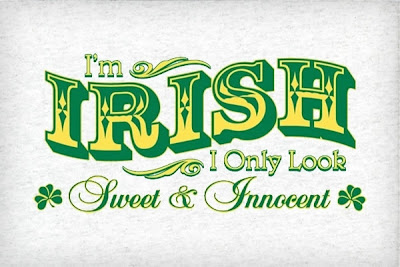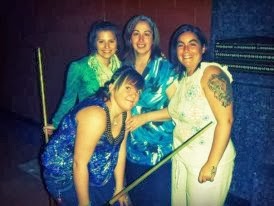Happiness......
With the New Year this week and also my birthday, I've been mulling over what it means to be "Happy" and whether I am indeed happy. As today is my birthday I sat with the “ ancients" and asked them to help me ponder if I have achieved some measure of true happiness.
I thought I’d pull the curtain aside and give you glimpse inside my mind’s inner workings.
- I started with the question: “Am I happy?”
- From there I moved to the question: “What is Happiness?"
- From there I naturally moved to Jefferson and his famous "pursuit of happiness" quote. I have always been intrigued by this awesome modern American philosophy. Life; Liberty and the pursuit of happiness.
- From Jefferson’s quote I then read a great article called "The Surprising Origins and Meaning of the “Pursuit of Happiness” by Carol V. Hamilton” here is the link to the full article: http://hnn.us/node/46460
- I lingered in this article and gathered up three wonderful seeds that had the possibility of germinating into an organic calibration tool for checking happiness.
Moral - Happiness the aim of life.
Virtue - the foundation of happiness.
Utility - the test of virtue.
Below are a couple of excerpts from the article that stood out to me.
"Jefferson made a summary of the key points of Epicurean doctrine”
Jefferson took a lot of inspiration from Locke:
"The Greek word for “happiness” is “eudaimonia." In the passage above, Locke is invoking Greek and Roman ethics in which eudaimonia is linked to aretê, the Greek word for “virtue” or “excellence.” In the Nicomachean Ethics, Aristotle wrote, “the happy man lives well and does well; for we have practically defined happiness as a sort of good life and good action.” Happiness is not, he argued, equivalent to wealth, honor, or pleasure. It is an end in itself, not the means to an end. The philosophical lineage of happiness can be traced from Socrates, Plato, and Aristotle through the Stoics, Skeptics, and Epicureans."
So from Jefferson to Locke I traveled back in time to the Greeks' concept of "Eudaimonia" - this ancient concept of Happiness being an expression of virtue or excellence. Which seems to me to be such a better pursuit, than the modern definition of happiness which seems to be to merely to experience a sensation or sense of personal pleasure. It combines personal and social responsibility in a way that resonates with my own journey in discovering what are the important things in my life that bring real sustainable well being.
From the early American, (Greek influenced) founders, I moved unto my own heritage with the King James Version of the Bible and explored one of my favorite verses.
This verse has been lodged in my mind since I came across it in my first reading of The Bible. The Robert Millar Version might read something like this:1 Timothy 6:6 "But godliness with contentment is great gain."
"When wholeness of who a person was always meant to be, is married to contentment with who that person actually is, then a person will have finally attained the status of one who posses true wealth."
Gandhi, Jefferson, Locke, the Greek and Roman magi and Paul all seem to point towards living a holistic life as the thing that produces true wealth/happiness/property.
When I contemplate the question of happiness as a hedonistic pursuit of pleasure I come away frustrated and disappointed with the question of personal happiness. Yet when I contemplate it using the historic understanding of happiness I come away feeling a deep sense of well being.
Here are a few of the conclusions I reached at their feet:
- What I say, think and act coincide very well and seem to be in quite comfortable harmony.
- When I inspect my personal stock of morality, virtue, and utility I find I am reasonably happy/content with what I say, what I believe and how I behave.
- When I lift my eyes beyond my own horizon to those who I share my life with, I find I am content with my relationships. I am a "happy" husband; a "happy" professional, a "happy" friend, and a "happy" human.
So I am “happy" to think I might actually have reached a place of happiness.



Comments
Post a Comment